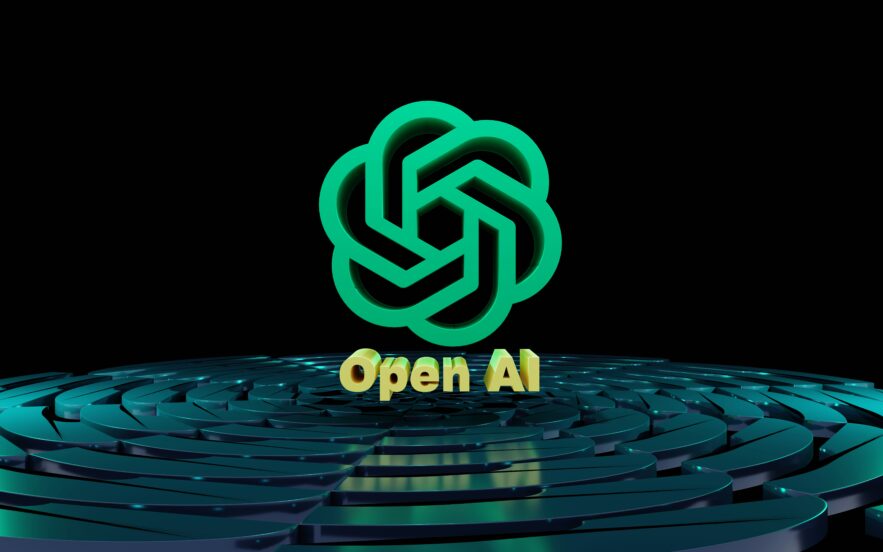In a surprising move, Microsoft has decided to step down from its observer position on OpenAI’s board. This decision comes at an exact time when tech giants’ involvement in artificial intelligence development is under increasing regulatory scrutiny, which highly likely seems to be an influencing factor of this decision.
Microsoft, which invested approximately $13 billion in OpenAI in April 2023, announced its withdrawal in a memo to the AI company.
Microsoft stated, “Over the past eight months we have witnessed significant progress from the newly formed board and are confident in the company’s direction. We no longer believe our limited role as an observer is necessary.”
Microsoft’s board position was established last year after CEO Sam Altman’s firing and reinstatement at the company, aimed at stabilizing the AI company’s governance.
This decision seems like a significant change in the relationship between the two companies, although both have emphasized that their partnership remains strong.
OpenAI responded positively to Microsoft’s decision: “We’re grateful to Microsoft for voicing confidence in the board and the direction of the company, and we look forward to continuing our successful partnership.”
The timing of Microsoft’s withdrawal is noteworthy, coinciding with intensifying regulatory attention on big tech’s influence in the AI sector. Here the question arises if it really is a coincidence or not. Industry experts suggest that this move by Microsoft could be a strategic attempt to avoid potential regulatory challenges.
Recently, European Union regulators have been closely examining the partnership between Microsoft and OpenAI, with concerns about potential antitrust issues. The EU’s competition chief has also indicated plans to gather more information from various tech companies about their AI-related partnerships.
While the EU recently determined that Microsoft hasn’t gained control over OpenAI under current merger regulations, they continue to monitor the situation closely.
Alex Haffner, a competition partner at law firm Fladgate, commented on the situation: “It is hard not to conclude that Microsoft’s decision has been heavily influenced by the ongoing competition/antitrust scrutiny of its influence over emerging AI players such as OpenAI. Regulators are very much focused on the complex web of interrelationships that big tech has created with AI providers.”
Microsoft’s departure means OpenAI will no longer have any board observers. This change also impacts Apple, which was reportedly considering taking an observer role on OpenAI’s board as part of a recent agreement.
In response to these developments, OpenAI announced a new approach to engaging with key partners and investors. The company plans to hold regular meetings to update stakeholders on progress and strengthen collaboration on safety and security measures.
Microsoft’s decision to step back from its board role at OpenAI reflects the complex dynamics at play in the AI field. It highlights the growing importance of maintaining clear boundaries between major tech players and AI developers, especially as regulatory scrutiny intensifies.

